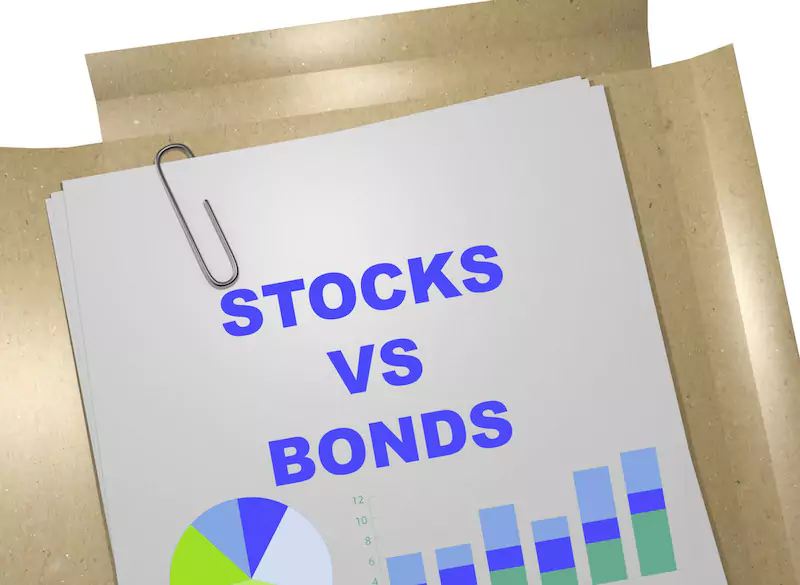What Is the Difference Between Stocks and Bonds?

Today, the average American has $90,460 in debt. Being stuck in that situation can make you feel on edge and that there’s no way out. While this can feel overwhelming, there’s hope. Many are investing in stocks and bonds for passive income.
This might make you wonder what the difference between stocks and bonds is. Read this guide for an explanation of the difference between the two and decide if it’s right for you today!
Bonds vs. Stocks
Stocks are shares in the ownership of a business; bonds are a debt that the issuing party promises to repay in the future. To achieve financial success, it’s important for businesses to use both of these.
Bonds have a certain par value and pay a coupon to investors. Once it matures, you’ll receive the full amount of your original principal.
When the borrower can’t pay, the bond will default. You can click here to learn about Israeli bonds.
Conversion Features
Some bonds allow you to convert them into company stock. If a company’s stock rises, you can receive an immediate capital gain. When you convert it to a stock, you’ll be able to vote on some company issues.
The stock market has exchanges or central places for stocks to be bought and sold. Stocks tend to be riskier since they could have geopolitical, currency, interest rates, and other risks.
Bonds might suffer interest and inflation rates. If you sell your bond when interest rates are high, you might wind up with less than the purchase price. Also, investing in companies that aren’t financially secure could make you suffer from credit risk.
Investing in Stocks
Investing in stocks means that you have ownership of the company. You’ll share in the losses and profits of it. There’s a chance that the company could file for bankruptcy and disappear.
If you’re open to short-term risks and have an eye on long-term investments, stocks might be for you. Bonds don’t have the same long-term rate that stocks do. Bonds tend to pay back the full amount at maturity.
Inverse Relationship
When stock prices increase, bond rates lower, when stock prices more down, bonds have a higher demand.
To encourage spending, the Federal Reserve will decrease interest rates. During this time, stocks suffer. But the price of bonds will increase.
Understanding Ricks
Bonds are more stable, but they tend to have lower returns. However, if you choose government bonds and bills, they tend to be risk-free since they’re backed by the U.S. government.
Whereas corporate bonds vary with risk. How a company can pay back debt can be seen in its credit rating.
Understanding the Difference Between Stocks and Bonds
After exploring this guide, you should understand the difference between stocks and bonds. Take your time deciding which is best for you.
Would you like to read more informative business content? Then, be sure to check out our other articles on our site today!

